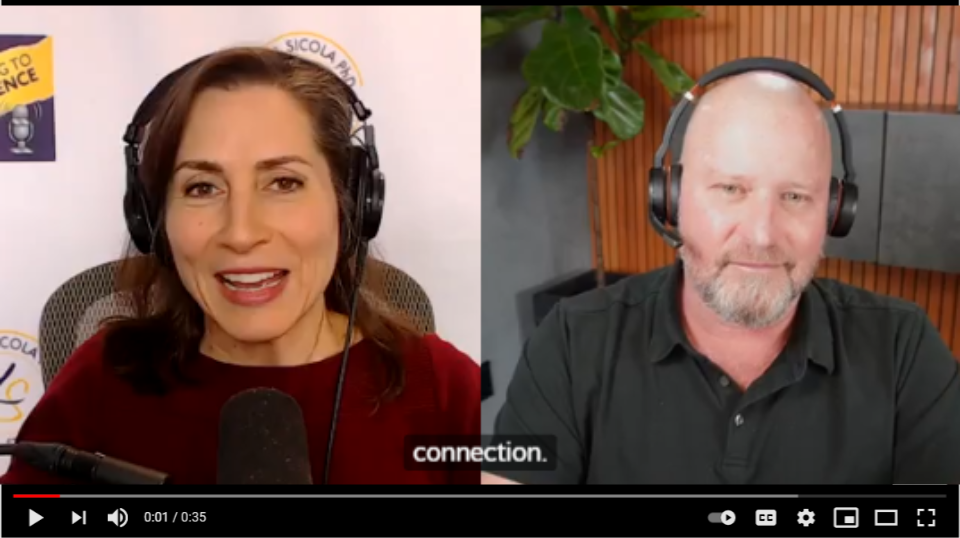I’ve always had a pretty high tolerance for debate, as long as the focus stayed on the issue at hand and didn’t get personal in nature.
That being said, I also know I was capable of prolonging the debate past someone else’s tolerance point if it wasn’t concluding with sufficient resolution.
Then, one day I was attending a conference, and the keynote speaker stopped me in my proverbial tracks.
As part of his talk, he said, “If you’re someone who needs to WIN every argument, then that means nobody is allowed to end an argument with you unless they are a LOSER.”
Mic. DROP.
As someone who believed in being a team player and empowering others, that was the last thing I’d ever want to make someone feel… and even more humbling, it was the last experience I’d ever want someone to associate with me.
After all, in a specific zero-sum game like checkers or baseball, everyone understands the rules and the stakes upon agreeing to play, with one winner and one loser expected.
But while a zero-sum approach to interpersonal conversation of any sort may offer a momentary exhilaration with the initial win, in the end, everyone loses.
Nowadays, I still appreciate the art of debate-as-sport, and I still expect a solid back-and-forth discussion around anything important when a decision has to be made.
But I’m also much clearer on when it’s time to listen more for the sake of understanding other perspectives and focus less on advocating for my own point to “win.”
This is what Jason (“Jay”) Scott, the CEO of 120VC, a transformational leadership consultancy, calls a shift from advocacy to inquiry in leadership communication.
In this week’s episode of Speaking to Influence, Jay shares his personal journey of learning to lead through inquiry – i.e. getting curious instead of immediately judging or dismissing someone's ideas – and the impact it has on his team’s collective problem-solving ability.

He also discusses:
- Why connecting employees to the company's mission is crucial for their engagement and satisfaction
- Why servant leadership is not just about “being cool to everyone,” and does require a four-point focus on discipline, trust, transparency, and accountability
- How developing empathy helped him get unstuck
- Why the ideal team has a key balance of “connectors” and “challengers,” and
- How leading a project for Sony Pictures helped him recognize the difference between trying to be the “hero” playing for his own success and playing for the team’s success.
Listen to the whole conversation here or watch the video on YouTube here.
Jay's book, ‘It's Never Just Business, It's About People‘ takes us through his journey to what he calls “Transformative leadership.” Click here to download your free copy!
Neither Jay nor I would likely advocate for the “everyone gets a trophy” approach to leadership. But there’s a lot of gray between that and “you have to admit that you’re wrong and I’m right.”
…Right?



